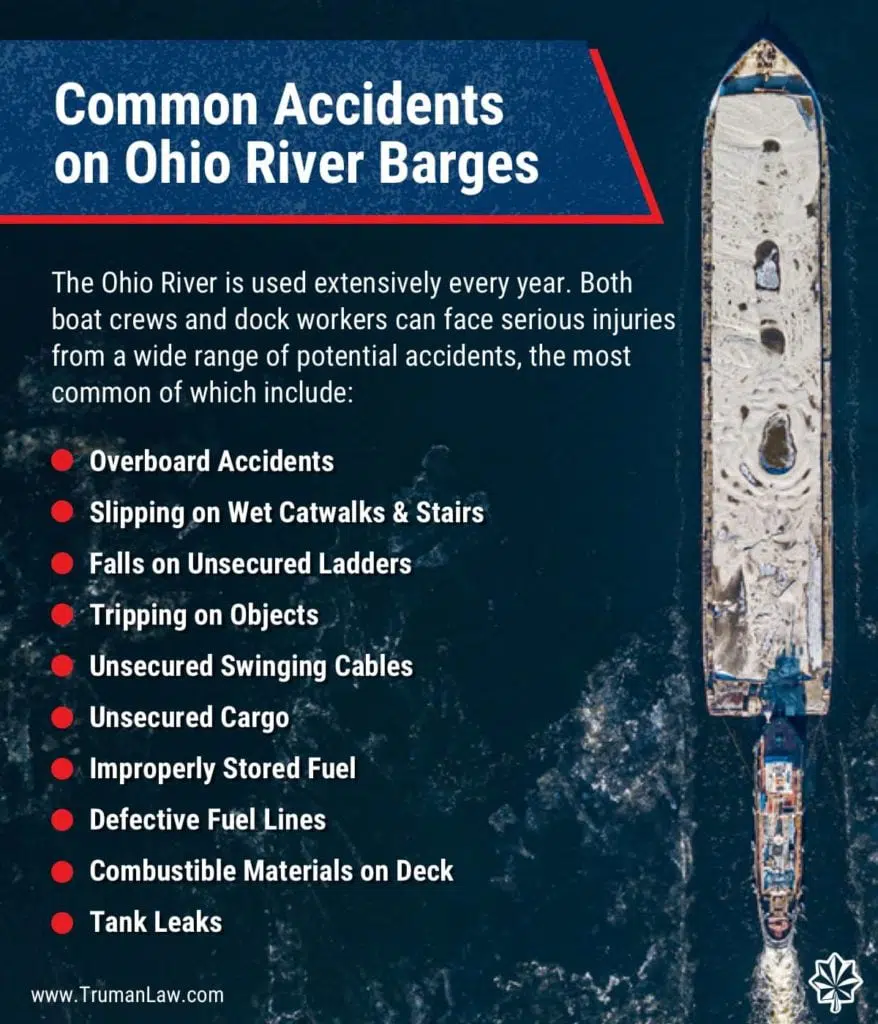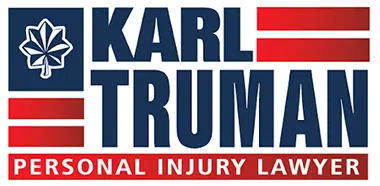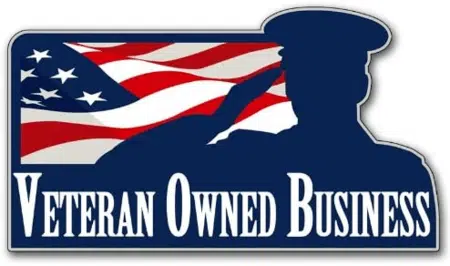As a second-generation merchant marine, experienced maritime injury and Jones Act lawyer Karl Truman is passionate about protecting the legal rights and wellbeing of all maritime workers. He knows firsthand the hardships you may be facing, and he is committed to helping you recover the maximum compensation you need to get your life back on track.
If you’ve been hurt while working on or near the Ohio River, contact the Karl Truman Law Office today online or at (502) 222-2222 to discuss your case for free. We proudly serve injured workers and maritime employees from the Louisville, Kentucky, and Jeffersonville, Indiana, areas.
The Law Is Complicated for People Injured on Waterways
Maritime work is demanding, strenuous, and often dangerous. Unsecured cargo, wet stairs, faulty equipment, and other hazardous conditions can lead to severe and even life-altering injuries, illnesses, and even death. And unfortunately, many of these accidents could have—and should have—been prevented by following common safety practices.
However, unlike most workers, most maritime employees aren’t entitled to state workers compensation benefits, and often must make Jones Act claims against their own employers to receive fair compensation for their serious injuries. This claims process can be frustrating, time-consuming, and overwhelming for maritime workers and their families.
If you’re hurt while traveling along a navigable waterway (such as the Ohio river) and it wasn’t your fault, there are several laws that might apply to your situation:
- General maritime law. Broadly covers regulations for all activities on navigable waterways, including not only maritime employers but also private citizens (for example, if you’re injured in a recreational boating accident).
- Jones Act. The Jones Act is a subset of maritime law that deals specifically with maritime injury claims for offshore workers serving on navigable vessels.
- Longshore and Harbor Workers Compensation Act. This law applies to injured maritime industry workers whose employment is primarily land-based (dock workers, shipbuilders, etc.), as long as the injury occurred on a navigable waterway or an adjoining area (dock, pier, etc.).
Below, we will go into much more detail about each of these areas of the law. However, we also strongly encourage you to contact an experienced maritime lawyer if you’ve been injured.
Why Choose Karl Truman for Your Case?
Experienced attorney Karl Truman has dedicated his life to serving others. From a young age, the two careers he wanted most to pursue were being an officer in the United States Army and a lawyer. He was able to fulfill both dreams, and his vast experience as an attorney, officer, and merchant marine gives you a distinct advantage in your maritime injury case.
He began his military career in 1981 and enrolled in Army ROTC at the University of Kentucky, where, in 1983, he was commissioned a Second Lieutenant. After 28 years of distinguished service, he retired as a Lieutenant Colonel in 2009. In 2021, he received his Merchant Marine credential from the United States Coast Guard. This achievement was particularly meaningful, as his father was also a Merchant Marine in World War II.
Today, Karl Truman is an accomplished attorney who has helped many clients throughout Kentucky and Indiana. He has built a reputation for excellence in personal injury, maritime injury and Jones Act cases, VA disability, workers compensation, and related areas of the law, and is committed to helping injury victims recover the full and fair compensation to which they are entitled.
What Is Maritime Law?
Also referred to as admiralty law, maritime law regulates commerce, navigation, shipping, towage, piracy, and recreational boating on domestic and international waters. It covers “navigable” waters, both natural and man-made, such as rivers and canals. It covers contracts related to maritime activities, such as maritime liens and shipping insurance contracts.
The law also protects the rights of maritime workers and provides financial compensation for injuries and illnesses suffered while working on the water.
Maritime law can be extremely complex. It is a unique area of law that requires specific knowledge and skillsets beyond those of typical personal injury attorneys.
Who Controls Maritime Law?
Maritime and admiralty jurisdiction can be a complex topic to understand. At one time, only the Supreme Court was allowed to hear admiralty cases, as stipulated under the United States Constitution. Now, however, both state and federal courts can hear certain maritime cases.
In the United States, maritime jurisdiction has expanded from exclusively American tidal waters to include any waters navigable within the U.S. for foreign or interstate commerce. This means that maritime jurisdiction includes a broad array of admiralty matters, even those that do not specifically involve interstate commerce, such as recreational boating.
When Does Maritime Law Apply?
Generally, any incidents that occur on navigable waters are subject to maritime and admiralty jurisdiction. If an inland body of water can support maritime commerce and either goes between two states or empties into the ocean, it will generally qualify as being navigable.
So, whether an incident occurs on the Ohio River, the Mississippi River, or the Gulf of Mexico, it likely falls under the jurisdiction of maritime law.
Who Is Liable for Injures Under General Maritime Law?
Vessel owners and employers aren’t the only entities that can be held liable for maritime injuries. You may also be able to pursue damages from a third party who is at fault (or shares some of the fault) for your losses. For example, depending on the details of your case, you may be able to file a negligence claim against third parties such as:
- Maintenance and repair companies
- Equipment distributors or suppliers
- Equipment or product manufacturers
- Other contractors on board a ship or offshore platform
What Is the Jones Act?
Officially known as the Merchant Marine Act of 1920, the Jones Act is a federal statute that provides additional protections under maritime law for seamen those who spend at least 30 percent of their time in active service on a water vessel.
Specifically, the Jones Act allows an injured seaman to sue their direct employer for compensation when they’re hurt on the job, if the injury was a result of the maritime employers’ negligence.
“Vessel” is a broad term that includes barges, tugboats, crew boats, riverboat casinos, and many other types of watercraft. Those whose work contributes to the operation of vessels are often covered under the Jones Act as well. This may include dock workers, maintenance personnel, and cargo loaders.
Who Qualifies as Seaman?
The Jones Act’s key provisions apply to a specific class of workers called seamen. This legal distinction is crucial to understand when filing an injury claim. However, there is no binding definition of who exactly qualifies as a seaman anywhere in the Merchant Marine Act or the Jones Act.
Some maritime workers do not qualify and may need to seek benefits under the Longshore and Harbor Workers’ Compensation Act instead. Simply being employed on a vessel does not in itself qualify as being a seaman. Maritime attorneys on both sides must review prior cases to determine if plaintiffs qualify as seamen.
In lieu of a legal definition, most judges and maritime lawyers usually agree that a Jones Act seaman is an individual employed or engaged in any capacity on board a vessel, except for sailing school students or instructors, or scientific personnel. Over the years, this general definition has undergone change and is still subject to revision.
What Qualifies as “Negligence” Under the Jones Act?
Under the Jones Act, maritime employers must provide seamen with “reasonably safe” working conditions, and exercise “ordinary care” to ensure that the vessel remains in safe condition. To make a successful Jones Act claim, you will need to prove that your employer failed in this duty.
Some common causes of maritime accidents that may be covered under the Jones Act include, but are certainly not limited to:
- Poorly maintained equipment
- Lack of sufficient training
- Negligent hiring practices (or failure to fire an employee with a known pattern of dangerous or violent behaviors)
- Violation of safety regulations
- Failure to notify seamen of dangerous conditions (such as a wet or oily surface)
If you’re familiar with what “negligence” usually means in other personal injury cases, like car accidents or premises liability, it’s important to note that the burden of proof is lower for Jones Act cases.
In other types of negligence cases, you need to prove that the at-fault party’s negligence played a significant role in causing the injury. However, in a Jones Act case, you only need to show that your employer’s negligence contributed at least partially to the accident—even if it only played a minor role.
What Benefits Are Available Under the Jones Act?
If you live in the greater Louisville, Kentucky, or Jeffersonville, Indiana, areas and were hurt while working for a vessel on the Ohio River, the Louisville Jones Act attorneys at the Karl Truman Law Office may be able to help you recover the Jones Act benefits you need.
Under the Jones Act, injured seamen are entitled to pursue the same categories of damages available in typical personal injury cases. This includes:
- Medical bills, rehabilitation expenses, and other past and future medical treatment costs related to the injury.
- Lost wages (past and present) during the recovery period.
- Vocational training (if catastrophic injuries prohibit an injured worker from returning to their previous job, but they can be trained to work a different job).
- Pain and suffering, emotional trauma, and other “non-economic” damages that affect your quality of life.
This is very different from most other types of workplace injury incidents, in which injured workers cannot sue their direct employers, but instead receive workers compensation benefits.
The advantage of Jones Act claims is that you can receive compensation for non-economic damages like pain and suffering, which is not possible under workers’ compensation. However, the downside is that you must prove negligence, which can be difficult, costly, and time-consuming.
Due to the complexities of Jones Act claims, it is advisable to work with a knowledgeable Jones Act attorney to ensure your best chances for timely approval of full benefits.
What is the Jones Act Statute of Limitations?
Under the Jones Act, injured seamen have the right to sue their employers for negligence within three years of the date of the injury.
There are, however, exceptions to this rule. For example, if you are a seaman who is assigned to a vessel that is owned, operated, or contracted by the United States Government, you may have a shorter amount of time in which to file your case. Conversely, if you were exposed to benzene or asbestos dust and were not aware of your injury until a later date, the statute of limitations is extended to three years after the date you first became aware of your injury or illness.
What If I Do Not Qualify as a Seaman?
If you are a worker who does not qualify as a seaman, you can still pursue damages under the Longshore and Harbor Workers’ Compensation Act (LWHCA). This federal law covers harbor construction workers, shipbuilders, and dock workers who are hurt in the wharf area of a harbor. LWHCA provisions are different than standard workers’ compensation laws and can often provide better compensation.
Common Ohio River Barge Accidents
As one of the nation’s busiest waterways, the Ohio River is used extensively for transport throughout the year. The thousands of barge, tugboat, or other workers who are employed in any capacity in river transport deserve a safe working environment.
Maritime and transport companies have a duty to properly train their employees on safety practices and, above all, they must create a safe working environment for their employees.

On-Deck Accidents
The majority of river work-related injuries happen during the day, during regular working hours. On-deck river accidents are often caused by:
- Unsecured cargo
- Unsecured swinging cables
- Tripping on objects
- Falls on unsecured ladders
- Slipping on wet catwalks and stairs
- Overboard accidents
Fires and Explosions
Fires and explosions on water vessels can result in catastrophic burn injuries. These devastating events can be caused by a number of factors, such as:
- Tank leaks
- Combustible materials on deck
- Defective fuel lines
- Improperly stored fuel
Dock Accidents
Not all accidents occur on vessels. Dock accidents can happen during the maintenance or cleaning of a boat, or during loading or unloading. It’s important to remember that any injured worker on a vessel, whether on the water or docked, may be eligible for compensation if he or she is hurt in a preventable accident.
Dam and Lock Accidents
Both boat crews and dock workers can suffer serious injuries from malfunctioning dams and locks. Proper operation of dams and locks is crucial to ensuring a safe river working environment. Any operational failure in these systems can result in severe injury or death.
Injured on the Ohio River? Contact a Jones Act and Maritime Attorney Today
Maritime law is very complex and encompasses many rules, agreements, and statutes. Some cases may be tried in state courts, while others may fall under federal court jurisdiction.
Due to these complexities, it is critical to choose a maritime law attorney with the experience, knowledge, and resources necessary to effectively handle every aspect of your case. Karl Truman and his team of maritime and Jones Act lawyers have extensive experience in these complex matters. He can help you pursue the justice and compensation you deserve for your injuries with professionalism and compassion.
If you suffered a work-related maritime injury, please contact the Karl Truman Law Office today by calling (502) 222-2222 or scheduling your free consultation online. During your initial consultation, we will listen to the details of your story, assess the merits of your claim, and explain your rights and legal options. Our law firm welcomes injured workers from the Louisville, Kentucky, and Jeffersonville, Indiana, areas.
The content provided here is for informational purposes only and should not be construed as legal advice on any subject.
















